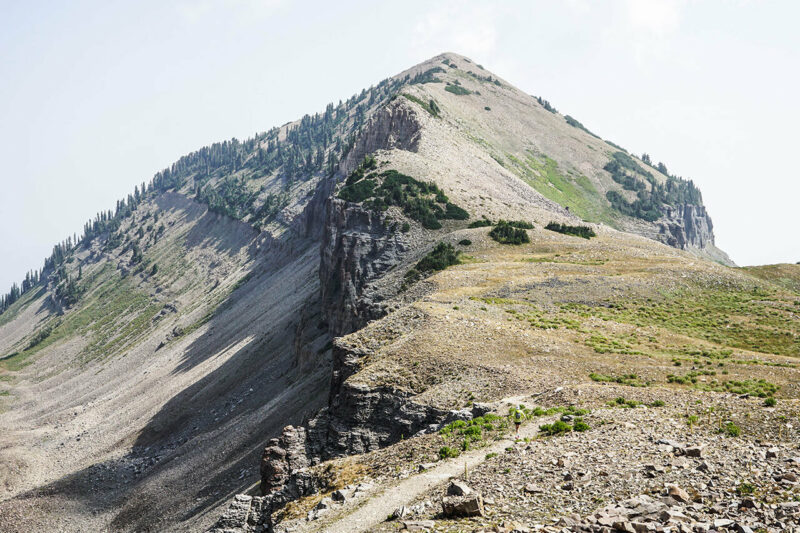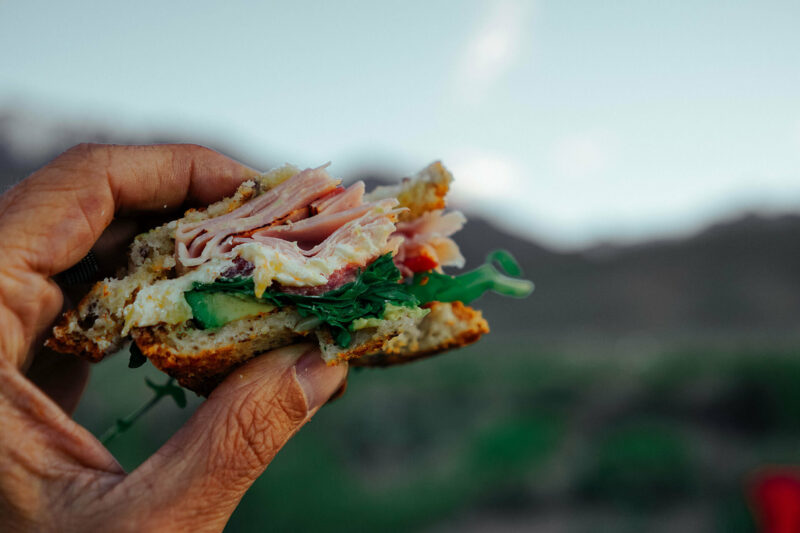In The War of Art, Resistance is the Enemy
Most of us have two lives. The life we live, and the unlived life within us. Between the two stands Resistance.”
Resistance is what keeps us from doing what we’re called to do. The more resistance you feel toward something the greater likelihood you should be doing that very thing. Endeavors most susceptible to resistance are often artistic and athletic pursuits. Writing, painting, cycling, running, each require tenacious discipline and acceptance of the tedious habits one must cultivate in order to achieve. Inspiration and motivation are short-lived. Discipline and perseverance are the unquestionable traits of the successful. Our enemy in the battles toward success is Resistance, the antagonist in Steven Pressfield’s book, The War of Art.
Pressfield’s book, split in three parts, begins with defining Resistance; how and why it stealthily becomes part of our daily lives. For me, Resistance manifests itself in forms such as procrastination, self sabotage, and justification. I convince myself I will do what I feel called to do tomorrow, or that someday (one day) when I have more time. But, we never have more time, only less.
I create distractions that keep my attention from what I need to be doing. I justify mindless, meaningless work as a necessity, but it’s disguised resistance keeping me from my calling, my work. For me that calling is writing, and the creative endeavors that flow from it. Pen to paper. Fingers floating hesitantly over equidistant letters, followed by a slow tapping which morphs to a virile punching of keys, one after the other in a quickened rythym that mimics the climax of a piano concerto from Rachmaninoff. Letters forming words, fingers trying to keep up with the symphony of sentences conducted in my head. I am no Rachmaninoff, nor his equivalent in writing, but in those brief moments I feel very alive, and purposeful.
Resistance not only keeps us from our work, it keeps us from being the best versions of ourselves. It makes us quit the new diet, postpone the trip of a lifetime, not ask the girl (or boy) out for coffee. Resistance is at the core of much of our suffering. It is the source of our unhappiness. In essence we are in both a conscious and unconscious battle with ourselves, wanting to become who we truly are while fighting resistance along the way. Resistance can become toxic when mutated into unhealthy preoccupations with sex, drugs, social media, television; basically any time killing endeavor that fills the empty space in your day. Eventually this leads to disease and ailments. The solution to our ailments and unhappiness is doing our work, and doing it each day.
The warrior and the artist live by the same code of necessity, which dictates that the battle must be fought anew every day.”
Pressfield writes the opposite of love isn’t hate, but in fact indifference. If you feel a great amount of resistance toward something, it is likely you have a proportionate amount of love for that endeavor. This can apply not only to the resistance we feel toward artistic pursuits, but also that felt in our relationships, physical goals, even our spiritual inclinations. If we didn’t have a passion and deep-seeded love for these things then they wouldn’t show up on our radar over and over again. We wouldn’t be constantly plagued by the need to do the work, to reconcile, or justify our actions.
In book two (part two), Steven distinguishes the difference between an amatuer and a professional, citing the only way to combat resistance and break through fear is to turn pro. The amateur waits for inspiration, tackles it in her spare time, is a weekend warrior. “The professional loves it so much he dedicated his life to it. He commits full-time.” One must become a warrior against resistance. One must’n wait for inspiration, but rather create a schedule, a routine, and stick with it regardless of what distractions resistance dangles before him. The professional shows up everyday, focusing on mastering his craft, and makes it his livelihood.
…you must know the difference between what is urgent and what is important, and you must do what’s important first.”
I often struggle with the importance of what I am doing, my purpose having meaning beyond myself. Many of us are inundated daily in our social circles with the good deeds of our fellow man, and unfortunately in the news by the devastating deeds of mankind. While the former is inspiring and needed, it fuels possibly the greatest resistance for me — compare. I spend a overwhelming amount of time and energy contemplating details of my work and how that work can “change the world”, to the point of paralysis and inaction. I try to accept that it is not my place to change the world. I let go of the resistance that creeps up telling me it is. It is my job to be what I am and do what I know I should do, if the world changes as a result then all the better.
Do I really believe that my work is crucial to the planet’s survival? Of course not. But it’s as important to me as catching that mouse is to the hawk circling outside my window. He’s hungry. He needs a kill. So do I.”
Book two continues on the characteristics of a professional. In summation, a professional is humble, resilient, enduring, possesses a desire and love for the craft, doesn’t lose his identity in labels, nor does he get overly wrapped up in his failures or successes.
In book three Steven discusses a number of topics Beyond Resistance; including angels, muses, God, the conspiring Universe, and defining oneself by a hierarchal rank or by territory. The gist of the supernatural and spiritual discussion is the notion that if one follows their gut, does their work, and remains dedicated; other-worldly forces will conspire to help that individual succeed.
Concerning all acts of initiative (and creation) there is one elementary truth, the ignorance of which kills countless ideas and splendid plans: that the moment one definitely commits oneself, then providence moves too. All sorts of things occur to help one that would not otherwise have occurred. A whole stream of events issues from the decision, raising in one’s favour all manner of unforeseen incidents and meetings and material assistance which no man would have dreamed would come his way. I have learned a deep respect for one of Goethe’s couplets: “Whatever you can do, or dream you can, begin it. Boldness has genius, magic, and power in it. Begin it now.” —W. H. Murray, The Scottish Himalayan Expedition
On the topic of hierarchy versus territory, Steven warns that artists allowing themselves to be defined within a hierarchy fall to the dangers of needing approval, fitting in, and the potential of comparison influencing their work. Hierarchy is about fitting in, slotting into high school cliques, finding your position in the workplace, purchasing some material thing to make you more like your peers. A territory, on the other hand, provides sustenance and is sustainable without external input. A territory is a place, an area, it can be the gym, the mountains, the ocean, the writing, a vocation; it can be claimed only by work. It returns the energy you put in. Tiger Woods’ territory is the Golf course, Kelly Slater’s is the ocean, Picasso the canvas, Tolstoy the literary world. The artist must operate territorially. He must do his work for its own sake.Is your orientation hierarchical or territorial? Assume you’re having a bad day, or need to make an important decision. You could call or text a bunch of friends to get their comforting assurances or opinion, or you could venture to the trails to run, the ocean to surf, your journal to write. If you chose the former you would be more hierarchically oriented, if the latter more territorially inclined.
I’ll conclude with this passage from the book, along with the hope that you, like myself, will start living into your destiny, fighting Resistance along the way, and begin the work that fulfills your soul and gives your days vitality.
We can’t be anything we want to be. We come into this world with a specific, personal destiny. We have a job to do, a calling to enact, a self to become. We are who we are from the cradle, and we’re stuck with it. Our job in this lifetime is not to shape ourselves into some ideal we imagine we ought to be, but to find out who we already are and become it.”

